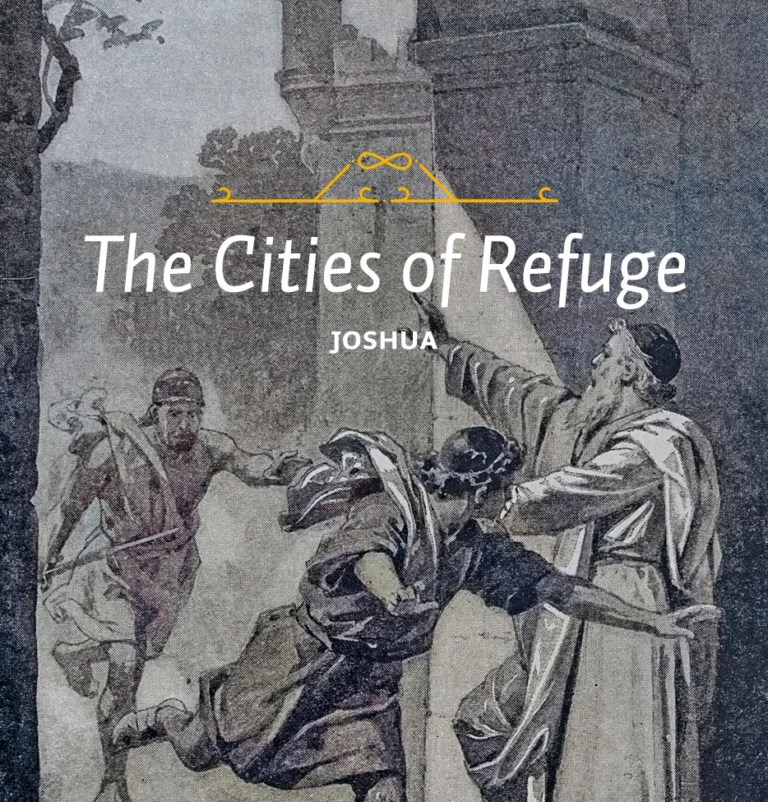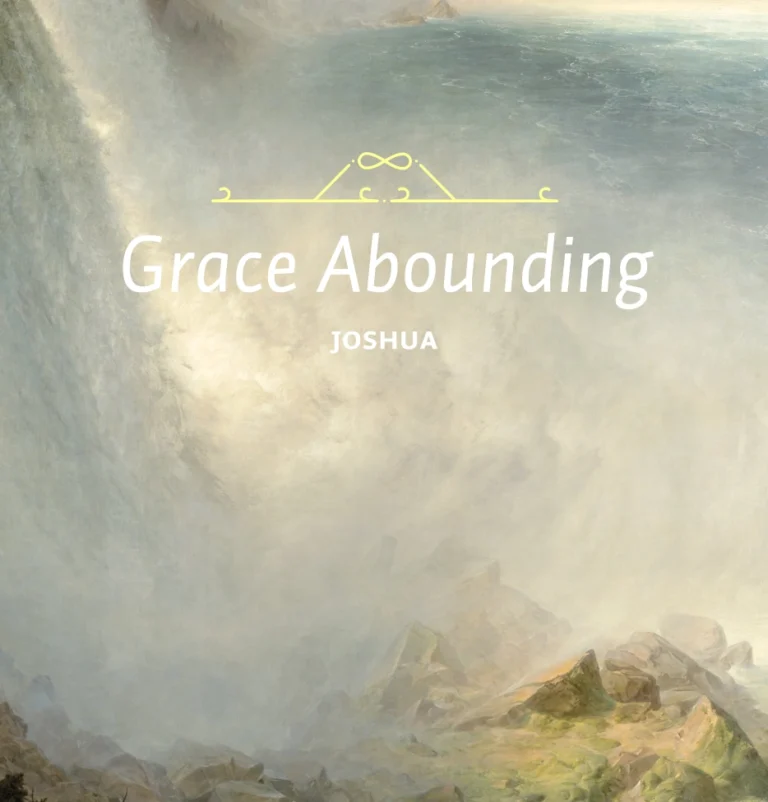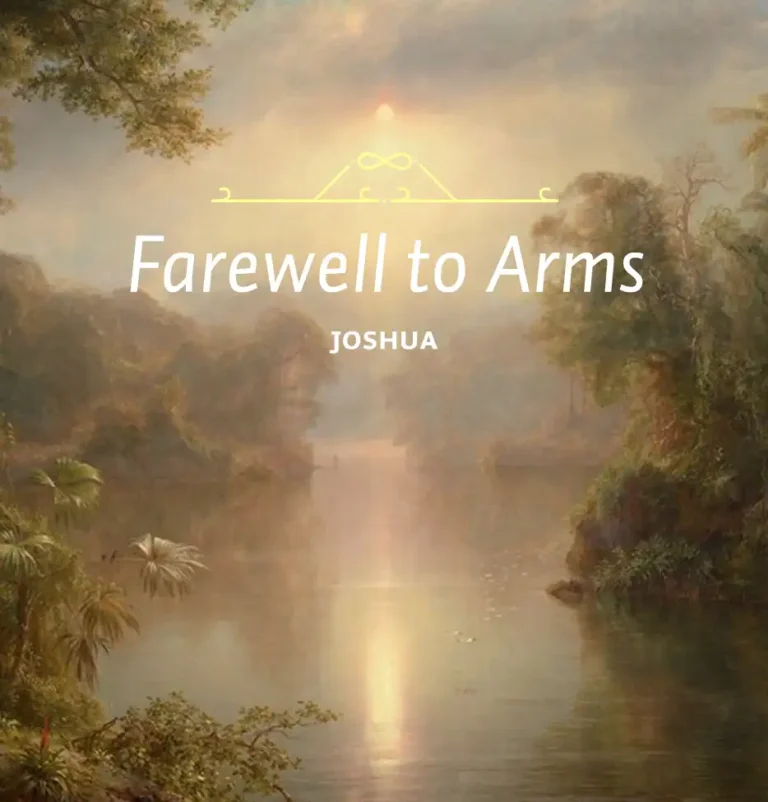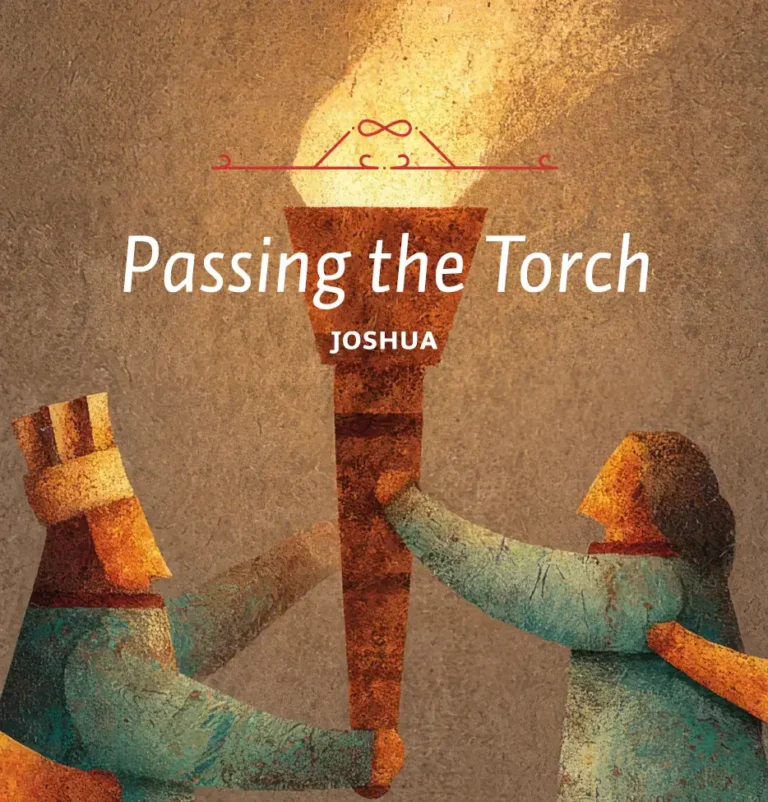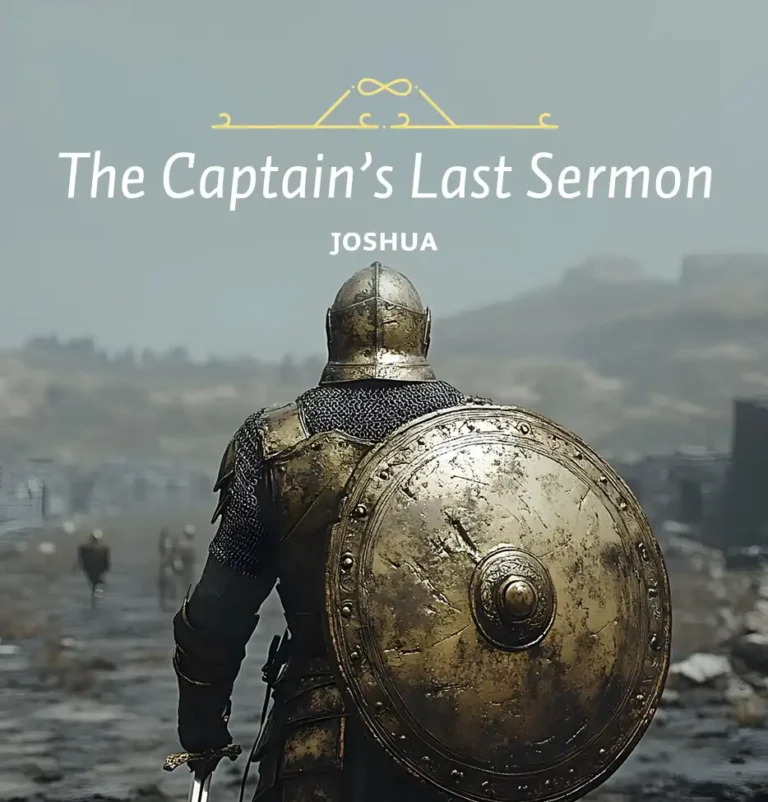Those were Israel’s three choices if they did not want to worship the Lord. Joshua says, “Make your choice. You’ve got the gods of Egypt, the gods of Babylon, the gods of Canaan, or the God of Israel. What will it be? You have to choose. You have to go on choosing. But as for me and my house, we are going to choose God.” Now the people made their choice, which seemed easy. After all, God had given them the land. Why shouldn’t they worship God? That’s the way they reply in verses 16-18: “Far be it from us to forsake the Lord to serve other gods! It was the Lord our God himself who brought us and our forefathers up out of Egypt, from that land of slavery, and performed those great signs before our eyes. He protected us on our entire journey and among all the nations through which we traveled. And the Lord drove out before us all the nations, including the Amorites, who lived in the land. We too will serve the Lord, because he is our God.”



